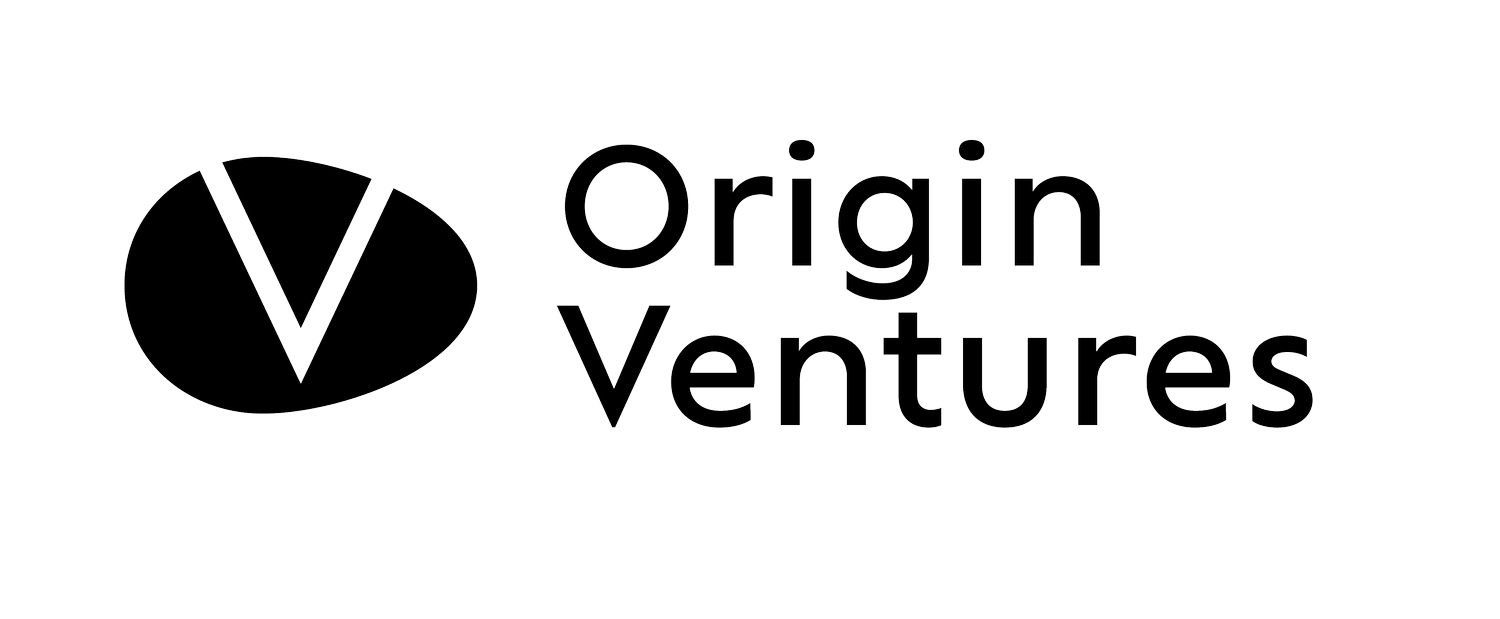Breaking Barriers: How to Get More Women Into Tech
On March 8th, 2023, I had the opportunity to speak at International Women in Diplomacy Day in Los Angeles, CA. This event is hosted by Mame T. MBaye who is The Honorary Consul of Senegal, and Peace Ambassador appointed by the Global Prosperity and Peace Initiative. Early in her career as a diplomat, Mame recognized the need to celebrate and support female diplomats. She decided to bring together female diplomats on International Women’s Day to discuss important issues and topics. This year’s focus was Women in Technology.
Tara Spalding, CEO of Kinect Capital, was tapped to host a conversation at this conference on Breaking Barriers: How to Get More Women in Tech. She reached out to both me and Amy Caldwell, Founder of RevRoad Accelerator, to participate in this panel since we both have had nontraditional paths into tech. We spent weeks preparing our thoughts. We knew we would be speaking to an audience of diplomats from over 30 countries with a wide variety of socioeconomic statuses. We also understood that we don’t have all of the answers to this complicated topic, but the three of us have all had unique personal journeys into tech. We decided the best thing we could do is simply share our stories and extrapolate a few principles that could potentially be applied universally.
As a female growing up in a small town, I never considered a career in tech. My grandmother, mother, and sisters all became teachers. I greatly admired all of these women, and chose education as my career too. I spent 6 years teaching social studies in Washington DC, Houston, TX, and San Jose, CA. Living in the heart of Silicon Valley exposed me to the tech industry. I had many friends working at the top tech companies in the world. I wanted my students, the majority of whom were immigrants, to believe they could also work for these companies. I started by educating and exposing my students to tech. I founded a Girls Who Code Chapter at my school. The only issue was, I didn’t know how to code. I spent many late nights staying up to read and practice the coding lessons so I could teach it to my students the next day. I also invited many of my friends and contacts who worked in tech to come speak to my students every week and explain their jobs. Lastly, I took my students on field trips to large tech companies like Uber and Facebook (now Meta).
The more I worked to get my students exposed to tech, the more I realized I could also pivot and have a career in tech as well. I made the difficult decision to leave teaching and go to business school. In school, I was turned down by countless tech companies for internships because I didn’t have the right background. This was disheartening and I wondered if I had made the wrong choice.
Fortunately, I found several mentors who heard my story and chose to help me find my footing in the tech world. Blake Moderzitski, Managing Partner at Pelion Venture Partners, was the first person to take a chance on me and give me an internship in Venture Capital. Gary Williams, Director of BYU’s student run venture fund Cougar Capital, Henry Alvarez at the Sorenson Impact Center, and Brent Hill, the Managing Partner of Origin Ventures where I now work, have also all been incredible mentors to me as well.
When I look back at my story, there are three main things that helped me pivot into a career in tech.
Exposure - It wasn’t until I moved to Silicon Valley and saw people like me in the tech world that I realized I too could be successful in this industry. Too many people stay out of tech simply because they are not exposed to this career path. The tech world is continually expanding outside of Silicon Valley. The more we can expose women to these jobs and the people who work in them, the more they will believe they can also belong.
Education - Except for the keyboarding class I took in 8th grade, tech was not a part of my education. This is changing in our school systems, but not fast enough. I now actively look for ways to educate other women. Two specific ways I do this include being a co-lead of SoGal Utah Chapter, a foundation that puts on events to bring together and educate women about tech topics. I’ve also cofounded Seedlings, a female angel investing group. If you are in tech, what ways can you use your knowledge to educate others?
Ecosystem - Lastly, I can’t understate the importance of having a supportive ecosystem. Receiving my education and continuing my career in Utah has been instrumental in my ability to thrive in tech, because there is an incredibly supportive ecosystem here. I have mentors, colleagues, and peers that take the time to answer my questions and build my skills. There are numerous events hosted every month that bring people together to learn and network. This same ecosystem can be replicated in cities across the world, if tech leaders will take the time to thoughtfully engage their community.
If you are a leader in tech, ask yourself the following questions:
What can you do to pave the way for more women to be welcome in this space?
Who are you mentoring?
Who are you hiring?
Who are you educating?
Who are you investing in?
Are you looking for opportunities to expose more people to tech?
Are you actively participating in building a welcoming ecosystem?
I don’t believe that tech is the right career choice for every woman. But I do strongly believe that the tech industry will be greatly enhanced by creating space for more women.



